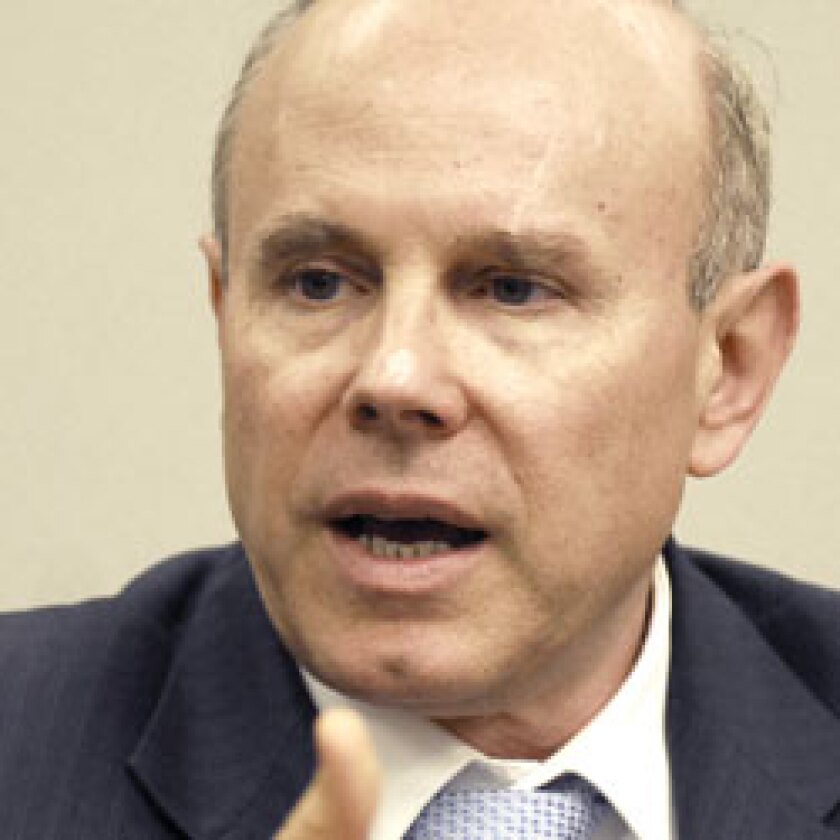Brazil’s toughly-worded threat to retaliate against alleged currency manipulation by the US, Europe and China that unsettled its neighbours this week received strong backing from one of the world’s leading anti-protectionism experts.
Simon Evenett, a professor at the University of St Gallen, Switzerland and co-founder of the independent protectionism monitor Global Trade Alert, said he was “surprised” at the lack of sympathy shown by the country’s Latin American neighbours, speculating it reflected suspicion of Brazil’s “geopolitical ambitions”.
Brazilian finance minister Guido Mantega raised the temperature on Saturday when he said in an article in Emerging Markets that Brazil would not “sit idle in the face of the currency war”.
“We have, and we are ready to use a whole arsenal to prevent or neutralize the excessive appreciation of our currency,” he said, referring to the barrage of capital controls imposed this year to repel foreign capital.
But the next day José Antonio Meade, the finance minister of Mexico – which holds the chair of the Group of Twenty (G20) nations - urged countries to avoid the “temptation of artificial measures”.
Meanwhile Uruguay’s president José Mujica yesterday warned that if Brazil took a “nationalist approach” it risked cutting itself off its neighbours’ economies.
But Evenett said: “What I find so surprising is the lack of sympathy for Brazil’s position. Brazil isn’t the only country suffering a currency appreciation because of monetary stimulus by the US and the eurozone.
“Perhaps it shows the suspicions of Brazil’s geopolitical ambitions that it is unable to muster a constituency of similarly affected emerging markets to complain bitterly about the Western devaluations and Chinese complicity. Now no one in their right mind wants a currency war but what other options does Brazil have other than to flood their economy with cash too?”
The row between Brazil and other countries including the US and China threatens to overshadow a forthcoming summit of G20 leaders.
But Meade said the G20 summit in Los Cabos would seek to evaluate “the progress made dealing with currency imbalances and implementation of financial reforms”.
Yesterday the Inter-American Development Bank moved to calm the row. Santiago Levy, vice president of sectors and knowledge at the IDB, acknowledged there was a “lot of mobility of capital that had an impact on exchange rates”.
“Ideally what we would like is the uncertainty that is prevailing in the world to be reduced gradually,” he added. “And as these uncertainties reduce gradually, the movement of capital flows that we have been seeing come to more stable levels.”
Levy said that the best recipe for the resolution of the currency wars was a stabilization of the current volatility in the eurozone, which he described as a “source of risk for the growth in the US”.
He said that the solution to the euro debt crisis would ensure a return to a more normal flow of capital and exchange rates “determined by the usual supply and demand mechanisms”.
